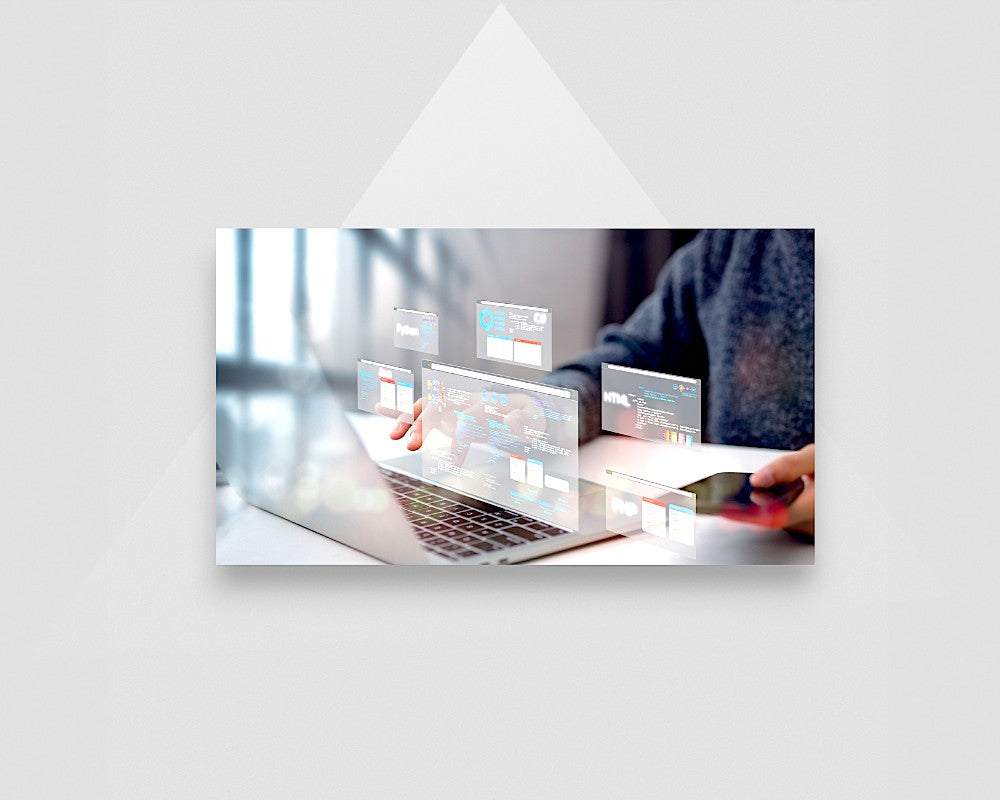Machine Vision System in Food Industry - Bakery Goods Inspection
A high quality vision system for bakery goods inspection is essential when we have a production line of bakery goods in place. This is because the food industry is one of the most highly regulated sectors. Numerous standards must be adhered to. Therefore, accurate and meaningful analysis is very important. It is particularly important not to make mistakes and to ensure a constantly monitored production. Monitoring is therefore so complex because many factors must be considered. It is therefore understandable that you cannot manage to consider all these points alone.

A reliable machine vision system for bakery goods inspection ensures consistent food quality and safety in production lines. Our experienced team designs and tests setups combining industrial cameras, precision lenses, optimal lighting, and compatible vision software for accurate, real-time inspection.
In a practical application, freshly baked items move on a conveyor belt under a 360-degree bakery inspection system. Four cameras capture both top and bottom views, using a tilting mechanism to rotate each product. The system detects size variations, color defects, and shape deformations, including imperfections that are only visible on the underside.
By analyzing products, the system enables production staff to immediately identify and remove defective items, thereby reducing waste and ensuring consistently high-quality baked goods in every batch.
Industrial Cameras for Food Inspection
Selecting the right industrial camera is essential for accurate bakery goods inspection. Key considerations include the field of view (FOV), the smallest detail to capture, and the required measurement accuracy. For moving products, a Global Shutter camera prevents motion blur, ensuring reliable real-time inspection.
In this application, the conveyor belt was divided into two minimally overlapping viewing areas for image stitching.
A GigE interface was chosen to accommodate distances over 5 meters, and PoE (Power over Ethernet) enabled camera operation via the network cable. The system required a measurement accuracy of 0.3 mm, a FOV of 400 × 200 mm per camera, and a resolution of 0.1 mm/pixel, requiring at least 4000 × 2000 pixels.
The selected ME2P-900-13GC-P camera with a 2:1 sensor ratio and 13 FPS met all criteria, providing precise inspection for bakery products while supporting accurate detection of size, color, and shape defects.
Technical Specifications
| Interface | GigE Vision |
| Resolution | 4200x2160 |
| Shutter type | Global Shutter |
| Color/Monochrome | Color |
Industrial Lenses for Food Quality Control
Choosing the correct lens is critical for accurate machine vision. Key factors include the camera sensor size, the working distance, and the field of view (FOV). For example, a 2/3-inch sensor with a 400 mm FOV and a working distance of 750 mm requires a 16 mm focal length.
Equally important is matching lens resolution to camera resolution. Using a lens with lower resolution than the camera limits image detail. In this setup, a 10 MP lens VA-LCM-10MP-16MM-F2.8-015 was selected to match the 9 MP industrial camera, ensuring precise imaging for detecting defects in food products. Proper lens selection guarantees that the camera captures all necessary details for reliable inspection.
Next, we have attached a lens calculator map for easy identification.

Technical Specifications
| Resolution (megapixel) | 10 |
| Focal length (mm) | 16 |
| Mount | C |
| Color/Monochrome | Mono |
| Image format / circle | 2/3" |
Image Processing Software for Food Inspection
A machine vision system combines industrial cameras with image processing software to capture and analyze images for food inspection and quality control. The software helps ensure consistent product quality by detecting size, quantity, and defects.
Key Features and Considerations:
- GenICam-compatible cameras work with software platforms like MvTec Halcon, NI LabVIEW, Cognex
- VisionPro, Matlab, and OpenCV.
- Custom software development is supported using C++, C#/.NET, and Python.
- Free SDK available for image capture, camera parameter adjustment, and testing.
- Compatible with Windows, Linux, Android, and Raspberry Pi.
- User-friendly software options like Zebra Aurora Vision offer graphical interfaces for easy setup.
- Lite versions include standard algorithms to test and configure inspection systems quickly

Expert Support for Food Inspection Systems
Our experienced team is here to guide, advise, and support you in implementing machine vision solutions for food inspection. We help adjust camera settings, working distance, and FPS to match your products and production line.
With hands-on expertise, we ensure your system is set up, tested, and optimized for reliable, accurate results. Reach out today through our contact form, and let our team help you get the most from your food inspection system.























































